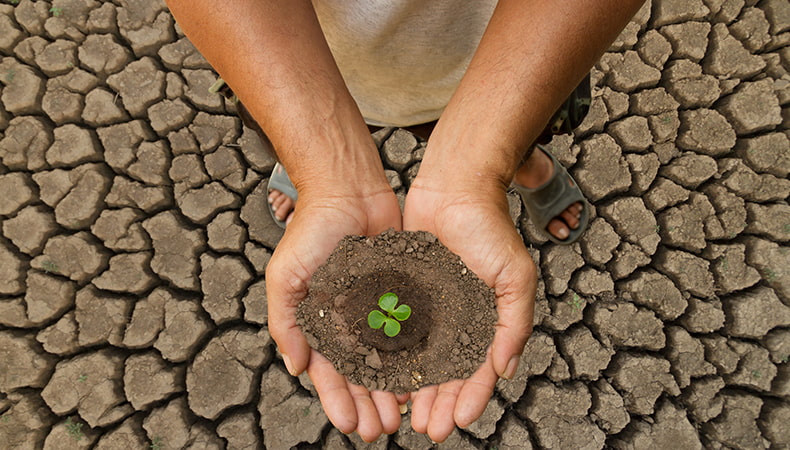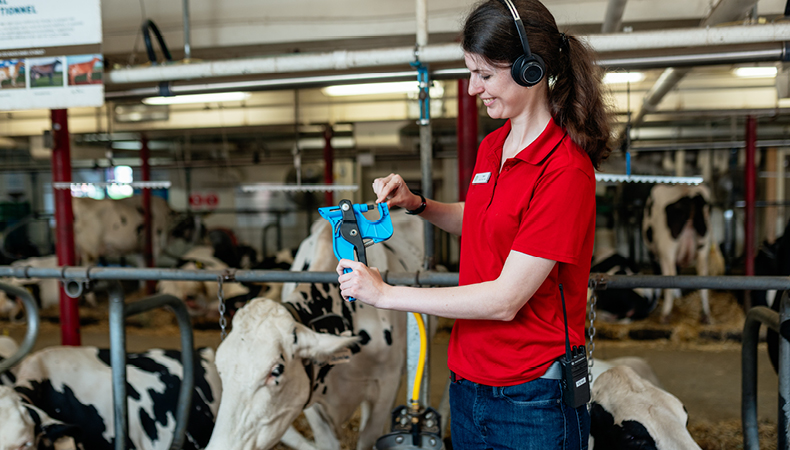Exploring Canada’s energy future
Grade 7 to 12 (Ontario)
Secondary cycle 1 to 2 (Quebec)
$140
60 minutes
Dates offered: September 15, 2024 to August 29, 2025
Max. group size: 30
How much do you know about Canada’s energy system?
Students will get the chance to explore data that predicts Canada’s energy future. They will then investigate statements made about energy demand and production in Canadian provinces and territories, using Canada Energy Regulator visualizations.
This program works best if the students have access to electronic devices: laptops, Chromebooks, tablets (smartphones are not ideal, but will work if no other devices are available). One device per one to three students is recommended.
This program is offered virtually via Zoom. We have implemented the following measures to ensure that our virtual programming is safe and secure:
- Waiting room to prevent uninvited guests from joining the meeting
- Controls in place to control if and when students can chat and share content
- End-to-end encryption to ensure proper security
- Recording of program is not permitted by any party

Curriculum links
| Energy | Environmental Sustainability |
|---|---|
| Sources of energy: Sources of energy production in Canada’s provinces and territories. | Sustainable energy systems: Interventions that may lead to more sustainable energy systems. |
| Energy production: How possible interventions might affect Canada’s energy production in the future. | |
| Energy consumption: How energy is used in Canada. |
| Geography | Data |
|---|---|
| Interrelationships: Influence of the various characteristics of Canadian regions on energy production and consumption. | Data visualization: Types of graphs that are best suited to represent different sets of data. |
| Managing resources: Impacts of resource policy, resource management, and consumer choices on sustainability in Canada. | Data analysis: Drawing conclusions from data presented in various ways. Interpreting the story that the data tells. |
Fees
$140 per session. We request a maximum of 30 students or one classroom per session, in order maximize the educator’s ability to interact with your students.
Your school may be eligible for financial support. For more information, contact the customer engagement team.
Reservations
Booking requests can be made through the school programs reservation request form.
You can also connect directly with our customer engagement team:
Email: [email protected]
Phone: 613-991-3053 or 1-866-442-4416
You may also be interested in

Climate change adaptations
- Grade 7 – Grade 12
- Secondary cycle 1 – Secondary cycle 2
Students will explore climate change adaptation and mitigation strategies through a variety of activities, including taking on the role of exhibition designer!

Aviation and technology
- Grade 9 – Grade 11
- Secondary cycle 1 – Secondary cycle 2
Students will come along on a virtual tour of a variety of aircraft and will see samples of the materials used to build them.

Genetics and dairy cows
- Grade 11 – Grade 12
- Secondary cycle 2
Witness how genetics can be applied in real life! Through various activities, students learn how dairy farmers can improve the genetic make-up of their herd.